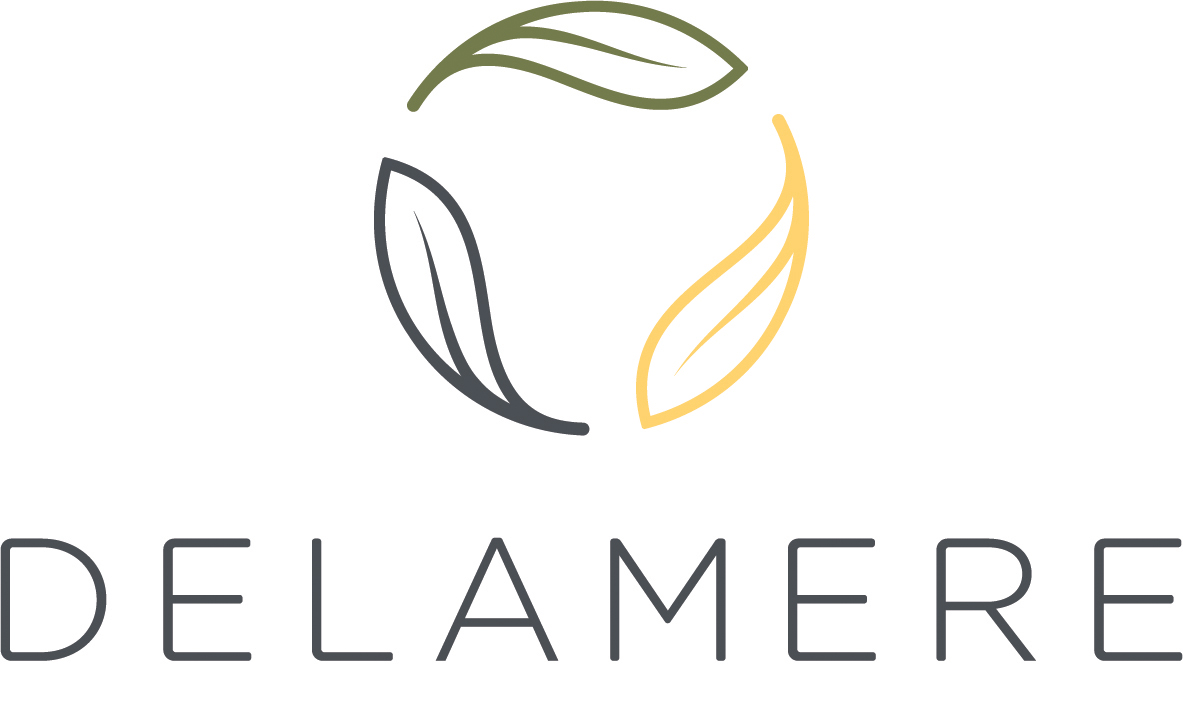What’s included?
- Introduction
- What is urge surfing?
- Three Ds
- SOBER Breathing
- How to help a friend who’s at risk of relapse
- How Delamere can help with relapse
The run up to Christmas and the festive period is a particularly challenging time for people that suffer with addiction problems.
While this time should be one filled with celebration and connection, a growing number of people find it hard to navigate the various challenges associated with Christmas.
A combination of social pressures, financial stress, and emotional triggers result in more opportunities for relapsing. More than half of British adults say they feel ‘more stressed’ during Christmas than ‘any other time of the year’, according to a recent survey conducted by Samsung.

Furthermore, roughly two thirds of people in the UK say that they ‘intend to drink more’ over Christmas, according to a report published this month by Drinkaware, while young people (18-34 year olds) are twice as likely to feel pressurised to drink this time of year than any other.
It is unsurprising then that, at Delamere, we tend to experience a rise in enquiries and admissions for alcohol and substance abuse treatment, in particular, in the weeks and months leading up to Christmas.
Fortunately, with the narrative around addiction shifting, and with there being more open and honest conversations happening in the UK, more information has been made available to help those in need, and during times of need, like Christmas.
For those who aren’t spending Christmas in rehab this year, or can’t get a meeting with their GP and/or a health professional, here are some techniques and tactics to help manage your cravings during the festive season, starting off with ‘urge surfing’.
What is urge surfing?
Urge surfing is a technique that will help to manage cravings effectively. This was first introduced by Dr. Alan Marlatt four decades ago and it is now a well-established therapeutic practice which is a key component in the Delamere Treatment Model.
Rather than giving in to an urge, this technique will help you to ‘ride the wave’ of your craving by observing and monitoring without acting on it.

By developing an awareness of the patterns and triggers of cravings, individuals can gradually diminish the intensity and frequency of these urges over time.
As demonstrated in the graph below, continual practice of urge-surfing can lead to greater self-awareness and resilience.
The Three D’s
These mindful techniques below can be used to ‘ride the wave’ when a craving begins. We call them the ‘Three Ds’:
Delay
Cravings usually last between 15 and 20 minutes. This will pass if you can delay actions when you begin to feel it.
Distract
Distracting yourself when a craving begins is one of the most successful methods of preventing relapse.
Turning to healthy habits such as making a cup of tea, phoning a friend, reading a book or going for a walk can divert the mind. Creating a written list of distractions is a great way to ensure you know where to turn.
Decide
Now that you have distanced yourself from the craving, it is time to critically evaluate your decision by being in tune with your values.
Writing a pros and cons list is a great way to do this.
Some helpful questions to ask yourself may be:
- What will be the long-term effects if I take action and give in to the craving?
- What are the most important values to me?
- What would my ideal self suggest I do?

SOBER breathing
This grounding practice can help you to remain present through intentional, deep, and controlled breathing to overcome cravings.
- Stop
Gently pause what you’re doing. This gives you a moment to take a breath and create space for yourself.
- Observe
Notice what’s happening right now—your thoughts, feelings, physical sensations, and the environment around you—without trying to change or fix anything.
- Breathe
Take slow, deep breaths at your own pace. Focus on each inhale and exhale to bring calmness and balance to the moment.
- Expand
Gently widen your perspective. Acknowledge that this feeling or moment will pass and that you have the opportunity to respond in a way that feels right for you.
- Respond
Choose a response that aligns with your goals and values, one that supports your well-being and helps you move forward.
How to help a friend who’s at risk of relapse
During the festive season, creating a safe and understanding environment is key to help someone at risk of relapse.
This includes offering companionship in activities that promote well-being and recovery such as exercise, mindfulness and socialising.
Introducing your loved one to techniques such as the Three Ds and SOBER breathing could be crucial to help them with urge surfing.
If you are concerned about a loved one over the festive period, always seek help from a professional to get tailored advice.
How Delamere can help with relapse
If you or a loved one is at risk of relapsing or struggling with addiction, Delamere offers an individualised and holistic approach through their treatment model.
The Stop, Start, Grow, Bloom model removes guests from the everyday noise of life and allows them to detox safely, in a non-judgemental environment.

Delamere treatment focuses on addressing the root causes of addiction while equipping guests with the tools they need to build a fulfilling life beyond addiction.
After their stay at Delamere, the Bloom programme provides guidance and is a celebration of recovery with 12 weekly check-ins with recovery mentors and other former guests. This method has demonstrated effectiveness in supporting former guests to prevent relapse.

Call us confidentially at any time to speak to a member of our team.
Call us now: 0330 111 2015








